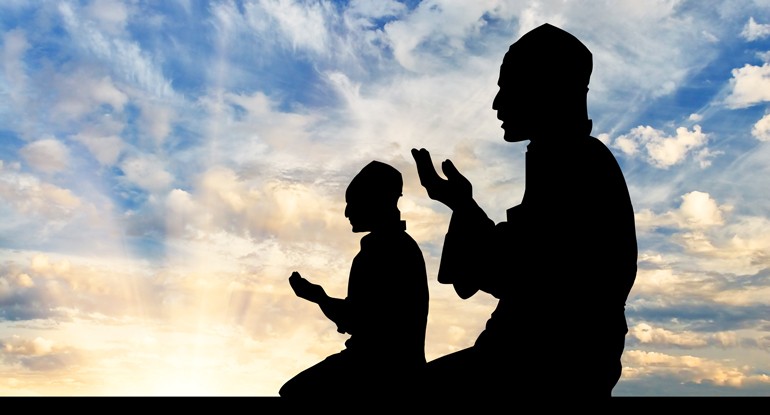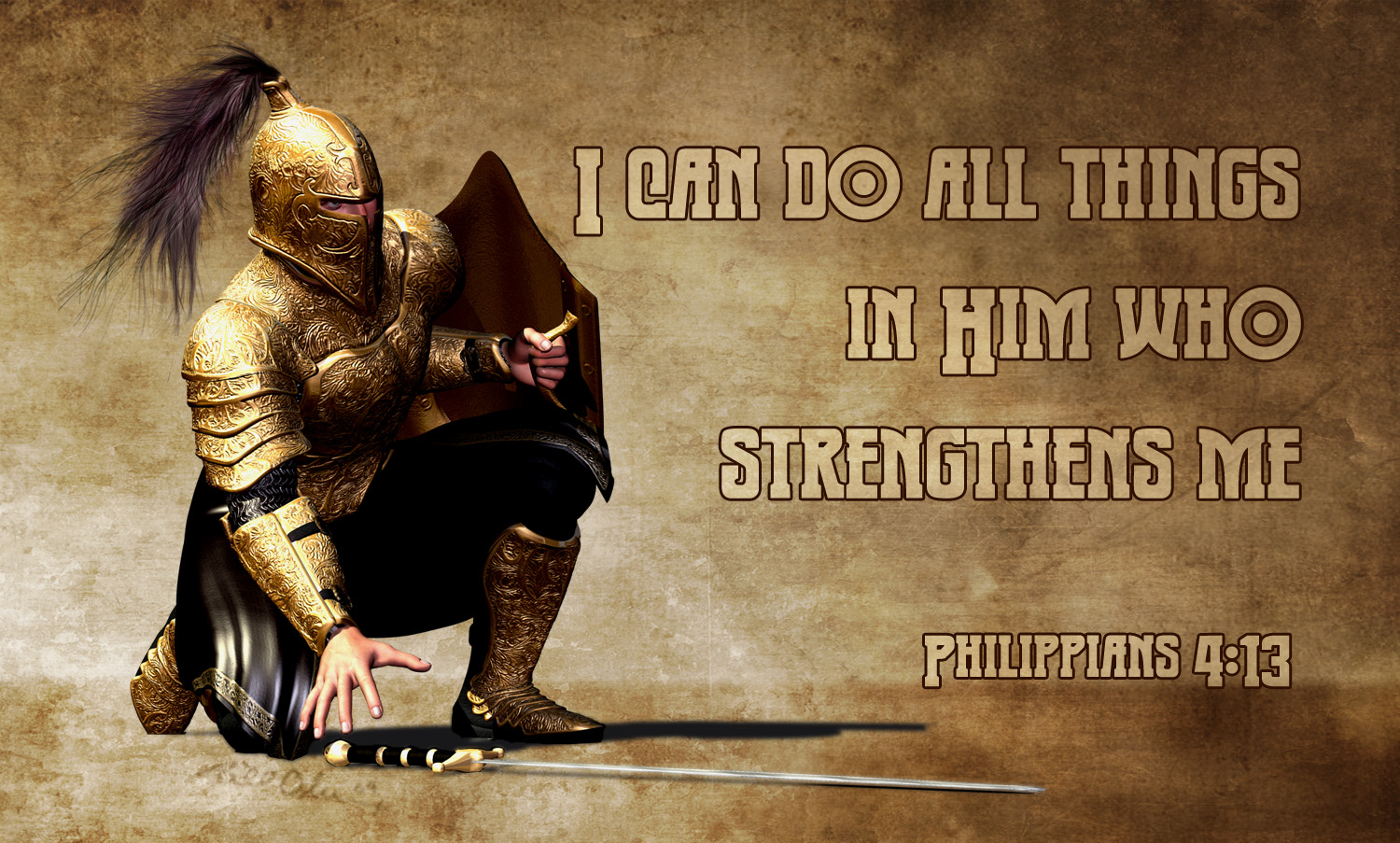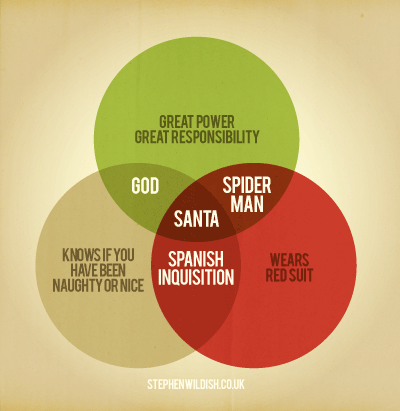Qur’an Cover-to-Cover: Day 4 (“The Purity of faith”, …)


Another day, another collection from the Qur’an…
Surah 112 -“The Purity of faith” (Al-Ikhlas)
In the hadith (collections of stories about Muhammad’s life), Muhammad said that this surah is equivalent to a whole third of the Qur’an. It asserts tawhid (Islamic monotheism), saying “He is Allah, [who is] One”, but also appears to specifically challenge Christianity and Jesus as the status of the only begotten Son of God (“He neither begets nor is born”).
Questions
Q1. Would you agree that “He neither begets nor is born” is a statement referring to the Christian belief that Jesus is the Son of God?

 to meditate upon our tale of grace…
to meditate upon our tale of grace…


